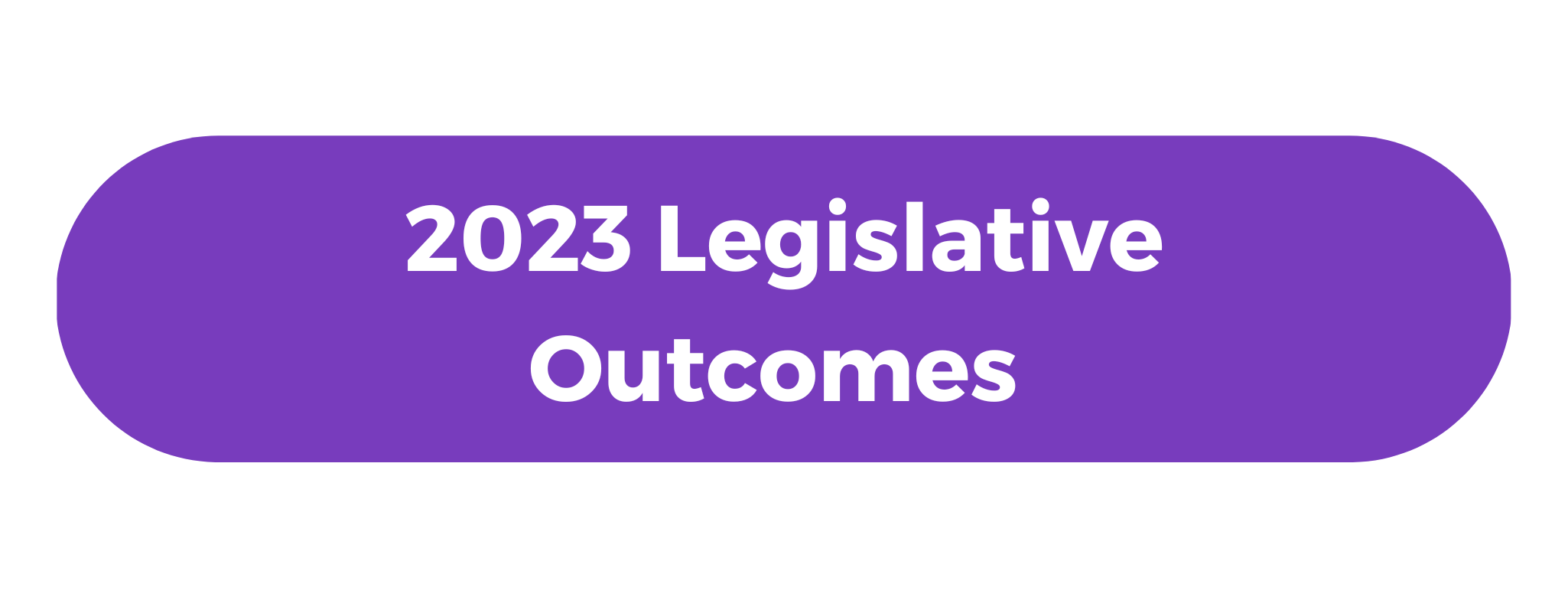Background
Voices empowers children, youth, and families disproportionately impacted by inequitable outcomes as agents in the creation of policy solutions to ignite change in their communities. Through our direct engagement with youth advocates and hearing from the professionals serving families, Voices embraces a variety of perspectives to create trauma-informed and healing centered spaces for advocates to share their stories and reconcile trauma through systems change.
For far too long, policies in our country and Commonwealth have perpetuated racism interpersonally, institutionally, and systemically, known as structural racism. The impact of historical racism and trauma show up in disparities in access and outcomes, including income and wealth, educational opportunities, and health. Our young people today still face the impact of historical racism within the systems they encounter and the communities they live. To ensure all children in Virginia have the opportunity to thrive despite race, geography or income, we must focus on the root causes that have produced inequitable distribution of resources, eliminate barriers to fair and equal participation and dismantle social and institutional biases.
Family Economic Security
Experiencing economic hardship impacts every aspect of a child’s life; a child cannot be healthy or ready to learn unless their family budget can provide for their day-to-day needs.
Economic hardship impacts every aspect of a child’s life determining whether they have access to food, housing, health care, child care, and transportation. When parents and caregivers cannot provide these things, they feel stressed and their children are impacted by this stress and lack of resources. Experiencing financial hardships produces toxic stress and trauma and can rewire a child’s brain starting in infancy. Family financial hardship makes it more difficult for children to get the health care they need and can put them at risk for entering the foster care system.
We measure economic hardship by families living in poverty, but this doesn’t tell the full story of how many families experience hardship and what creates the path to economic security. Factoring in some of the economic resources offered to families such as tax credits and health care, Virginia’s childhood poverty rate is 9%, a decline produced by improving economic policies and COVID relief. Yet this past fall, more than a third of families in Virginia indicated they had difficulty paying for their usual household expenses.
Achieving family economic stability requires removing barriers to accessing safety nets such as work requirements and time limits. It is also direct cash assistance to families such tax credits and child allowances. The federal expansion of the Child Tax Credit through COVID relief demonstrated that cash assistance does stabilize family budgets, lifts children out of poverty and allows parents flexibility to choose expenses for housing, food, child care, or debts.
Family Economic Security Priorities:
- Prioritize parents in tax relief proposals by expanding the state-level Earned Income Tax Credit to make the state portion fully refundable at the maximum amount — 20% of the federal credit. Legislation passed in 2022 made 15% of the credit refundable.
- Prioritize parents in tax relief proposals by establishing a state-level Child Tax Credit to provide families with dependent children an additional tax rebate. The credit would provide families earning under $100,000 per year a rebate of $500 per child.
- Study the scope and breadth of fines and fees for juveniles ordered to pay fees or restitution by the court to eliminate unnecessary burdens on young adults and their families to pay these fees and before they can achieve economic independence.
House and Senate Budget Negotiations:
- Support Senate language to authorize an employer sponsored insurance program for paid family medical leave at the Virginia Employment Commission.
- Support Senate proposal to increase TANF eligibility and assistance by 10% using $1.2 million in federal funds.
- Support House and Senate proposals of $300,000 to increase tax filing preparation at community action agencies.
Voices is a member of the Tax Fairness for Virginia coalition.
For more information, contact Emily Moore.


